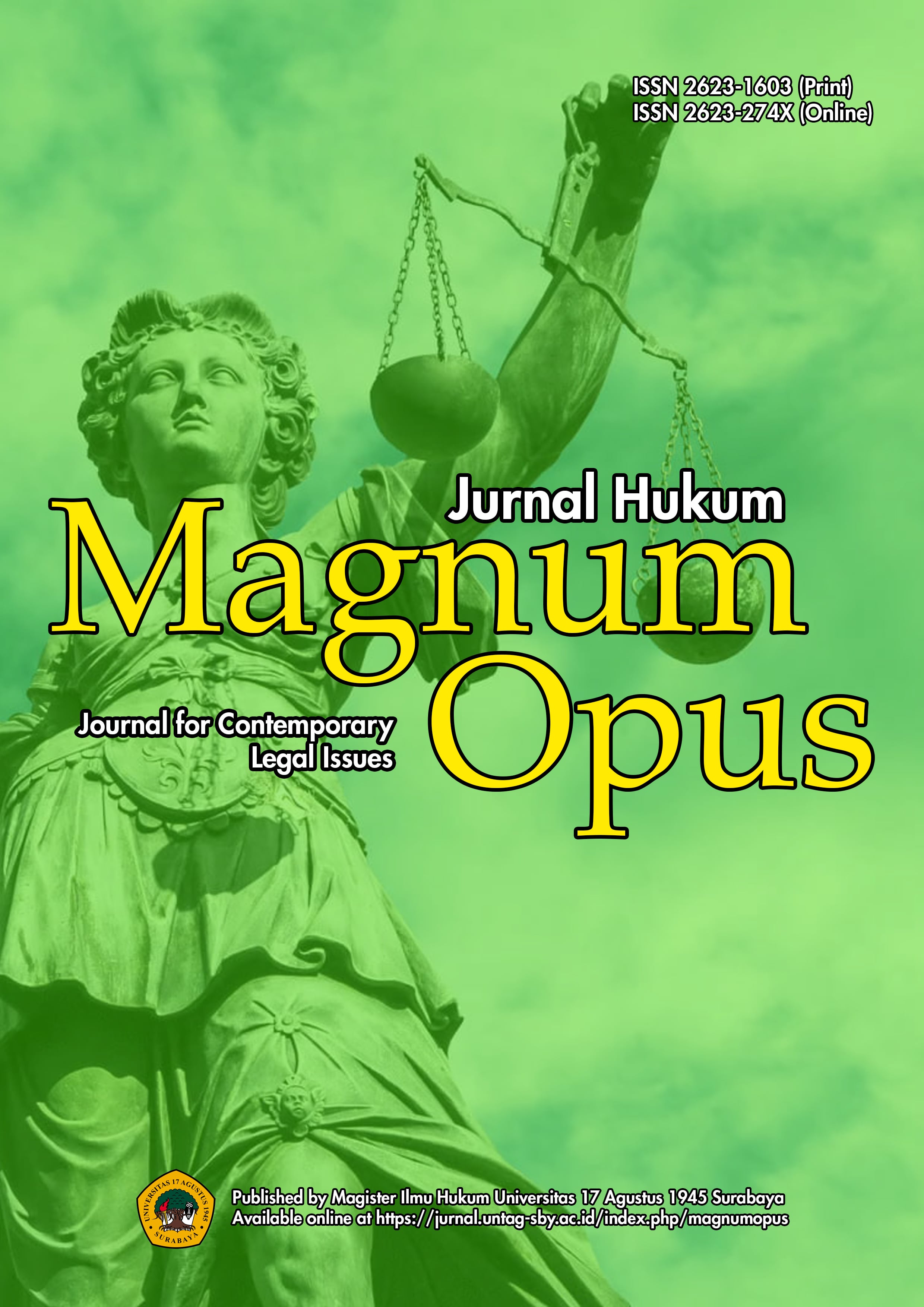Legitimate Prejudice in Legal Interpretation: Gadamer's Hermeneutics as an Analytical Framework
DOI:
https://doi.org/10.30996/jhmo.v8i2.12443Keywords:
legal interpretation, legitimate bias, gadamer's hermeneutics, fusion of horizonsAbstract
Legal interpretation is often influenced by certain prejudices or preconceptions that are regarded as legitimate in the process of understanding legal texts. These prejudices are not necessarily irrational or unfounded; rather, they form part of the interpreter's horizon, shaped by history, culture, and prior knowledge. This article explores the concept of legitimate prejudice within the realm of legal interpretation, using Hans-Georg Gadamer’s philosophical hermeneutics as its analytical framework. Gadamer’s approach offers a nuanced understanding of how meaning emerges through the fusion of horizons between the legal text and the interpreter’s situated perspective, highlighting the productive role of prejudice in the interpretive process. Gadamer's hermeneutics offers an approach that emphasizes the importance of dialogue between the text, the reader, and its historical context. In the context of legal interpretation, legitimate prejudice is not merely viewed as an obstacle but also as a constructive element that enables the creation of legal meaning that is more relevant to social dynamics. This article examines how Gadamer's "fusion of horizons" can help legal practitioners and scholars bridge legal texts with contemporary moral, social, and cultural values. This study employs a normative juridical method combined with a philosophical and hermeneutical approach. The normative juridical method focuses on the analysis of legal norms, principles, and doctrines as they are formulated in legal texts and judicial decisions. Meanwhile, the philosophical approach is used to explore the epistemological foundations of legal interpretation, particularly concerning the role of prejudice and preconceptions in shaping legal meaning. The philosophical approach is used to analyze the concept of prejudice in legal interpretation within the broader framework of legal philosophy and epistemology. Meanwhile, the hermeneutical approach, particularly drawing from Gadamer’s theory, is applied to examine how interpretative prejudices shape and influence the legal decision-making process. This perspective allows for a deeper understanding of how legal meaning is not simply derived from the text itself, but is co-constructed through the interaction between the interpreter’s historical context, normative assumptions, and the legal text. By integrating Gadamer’s hermeneutic principles into the practice of legal interpretation, this article aims to contribute to the development of a more inclusive, critical, and value-oriented theory of legal interpretation.Downloads
Download data is not yet available.
Downloads
Published
2025-08-02
Issue
Section
Articles
License
Authors who publish with Jurnal Hukum Magnum Opus agree to the following terms:
- Authors transfer the copyright and grant the journal right of first publication with the work simultaneously licensed under a Creative Commons Attribution-ShareAlike 4.0 International License.. that allows others to share the work with an acknowledgement of the work's authorship and initial publication in this journal.
- Authors are able to enter into separate, additional contractual arrangements for the non-exclusive distribution of the journal's published version of the work (e.g., post it to an institutional repository or publish it in a book), with an acknowledgement of its initial publication in this journal.
- Authors are permitted and encouraged to post their work online (e.g., in institutional repositories or on their website) prior to and during the submission process, as it can lead to productive exchanges, as well as earlier and greater citation of published work (See The Effect of Open Access)













